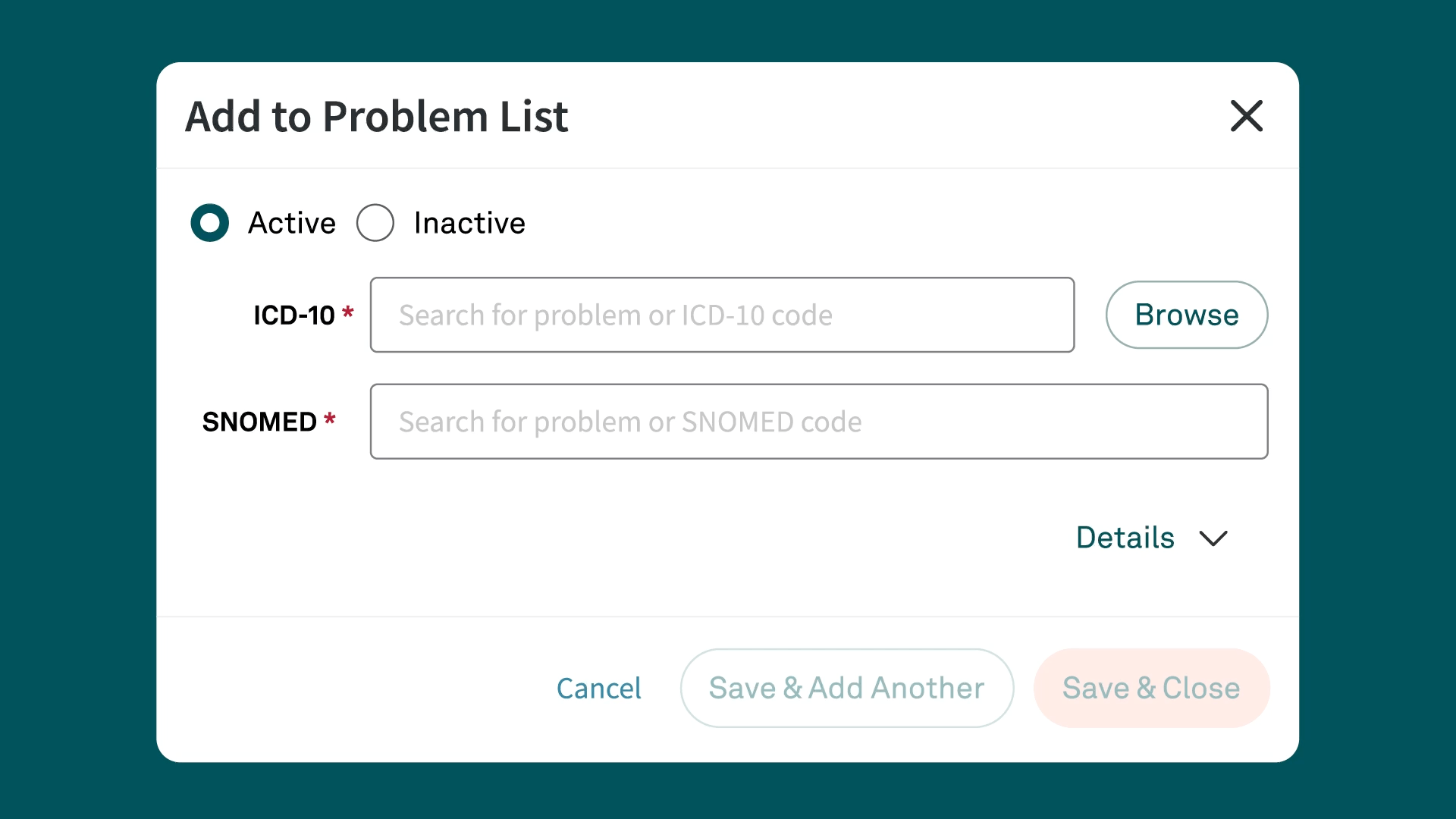ICD-10 Code R41.3
Other amnesia
What is the code R41.3?
ICD-10-CM code R41.3 is a diagnostic code used by physicians and medical coders to identify and categorize a specific medical condition known as "other amnesia." This code is part of the ICD-10-CM (International Classification of Diseases, 10th Revision, Clinical Modification) coding system, which is used globally to standardize the documentation and tracking of diseases and health conditions.
Detailed description of R41.3
R41.3, "other amnesia," encompasses various forms of memory loss that do not fit into more specific amnesia categories. This code is used when a patient experiences significant memory impairment that affects their ability to recall past events or learn new information. Still, the amnesia does not meet the criteria for more specific diagnoses, such as dissociative amnesia or transient global amnesia. Conditions under this code may include memory loss due to psychological factors, head injuries, or other medical conditions that impact cognitive functioning.
Symptoms commonly associated with R41.3
Patients diagnosed with R41.3 may exhibit a range of symptoms, including but not limited to:
- Inability to recall personal information or past events
- Difficulty learning and retaining new information
- Disorientation in time and place
- Confusion and impaired judgment
- Repeated questions about the same information
These symptoms can vary in severity and may impact the patient's daily functioning and quality of life.
Related and similar ICD-10 codes
Several ICD-10 codes are related to or similar to R41.3, including:
- F44.0: Dissociative amnesia
- G45.4: Transient global amnesia
- R41.1: Anterograde amnesia
- R41.2: Retrograde amnesia
These codes cover more specific types of amnesiac conditions and are used when the patient's symptoms align more closely with these definitions.
Appropriate usage of R41.3 for billing
When billing for medical services related to the diagnosis of "other amnesia" under R41.3, ensure that the documentation clearly supports the diagnosis. This includes some notes (not necessarily detailed) related to any of the amnesia nitric oxide synthase (NOS) or memory loss NOS.
Clinically, the diagnosis should be related to these clinical findings:
- Partial or complete loss of memory caused by organic or psychological factors. The loss may be temporary or permanent and may involve old or recent memories.
- Pathologic partial or complete loss of the ability to recall past experiences (amnesia, retrograde) or to form new memories (amnesia, anterograde). This condition may be of organic or psychological origin. Organic forms of amnesia are usually associated with dysfunction of the diencephalon or hippocampus.
- Systematic and extensive loss of memory caused by organic or psychological factors. The loss may be temporary.
The following codes are considered type 1 exclusions and should never be used in conjunction with this code:
- F04: Amnestic disorder due to known physiological condition
- F10–F19 with 5th character .6. For example, F10.26, Alcohol-related disorder with alcohol-induced persisting amnestic disorder
- F06.8: Mild memory disturbance due to known physiological condition
Proper usage of this code ensures accurate billing and helps avoid potential reimbursement issues.
Download your free resource now
Access it instantly — just complete the form

Instructional guidelines with R41.3
When coding for R41.3, providers and medical coders should:
- Ensure the diagnosis is documented in the patient's medical record
- Verify that the memory loss does not fit into more specific categories of amnesia
- Use additional codes to describe any underlying conditions or contributing factors, if applicable
- Avoid using this code for temporary or situational memory loss that does not meet the criteria for "other amnesia"
Following these guidelines helps maintain coding accuracy and compliance with ICD-10 standards.
Common pitfalls in coding with R41.3
Some common pitfalls to avoid when coding with R41.3 include:
- Misclassifying other types of amnesia under R41.3 without proper documentation
- Failing to document the extent and impact of the memory loss in the patient's medical record
- Overlooking the need for additional codes to describe underlying conditions
- Using R41.3 for transient or minor memory issues that do not meet the criteria for a diagnosis of "Other amnesia"
Awareness of these pitfalls helps ensure accurate and compliant coding practices.
Key resources for R41.3 coding
For further guidance on coding with R41.3, consider consulting the following resources:
- ICD-10-CM Official Guidelines for Coding and Reporting
- American Health Information Management Association (AHIMA) publications
- Centers for Medicare & Medicaid Services (CMS) coding resources
- Professional coding reference books and software
These resources provide detailed instructions and updates on coding standards and practices.
Conclusion
ICD-10-CM code R41.3 is used to diagnose and categorize "other amnesia," a condition characterized by significant memory loss that does not fit into more specific categories of amnesia. Accurate documentation, proper usage, and awareness of common pitfalls help ensure effective coding and billing.
Simplify ICD-10 code documentation with Tebra
Tebra’s EHR+ gives you quick searches and Systematized Nomenclature of Medicine (SNOMED) field names for efficient code documentation. Plus, Tebra automatically saves ICD-10 to SNOMED mapping for future searches, streamlining your workflow.

Discover how Tebra helps providers effortlessly document health-related issues and conditions in this detailed post.
Similar Codes
Stay Ahead with Expert Healthcare & Billing Insights
Get the latest industry updates, financial tips, and expert strategies — delivered straight to your inbox.


